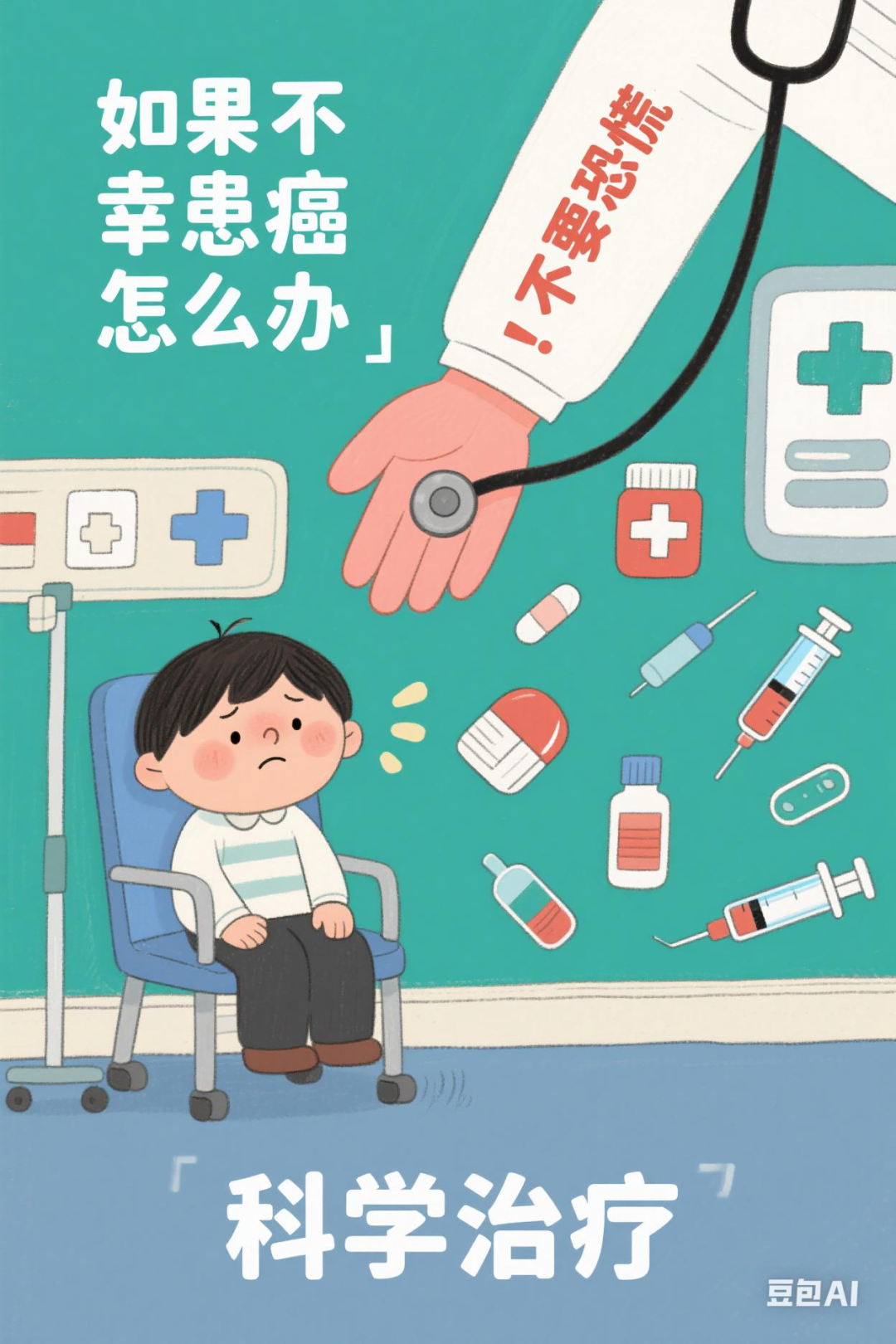[Cancer Understanding] A Guide to Better Overcome It
[Cancer Understanding] A Guide to Better Overcome It
In recent years, cancer has become one of the leading threats to human health. According to the World Health Organization (WHO), approximately 10 million people die from cancer globally each year, and cancer incidence and mortality rates in China are also rising. Fortunately, with medical advancements, many cancers are no longer "incurable." Early detection, scientific treatment, and healthy lifestyles can significantly improve survival rates.
Therefore, let’s discuss key aspects of cancer: What is it? How to prevent it? Which lifestyle habits increase cancer risk? And how should we respond scientifically?
1. Tumors ≠ Cancer, but Cancer is Dangerous
Many people confuse "tumors" with "cancer." Here’s the distinction:
• Benign tumors: Slow-growing, well-defined borders, rarely spread, and typically do not recur after surgical removal (e.g., lipomas, uterine fibroids).
• Malignant tumors (cancer): Rapid growth, invasion into surrounding tissues, and metastasis via blood or lymphatic systems, threatening life (e.g., lung, breast, stomach cancers).

Key Points:
• Not all tumors become cancerous, but malignant tumors require immediate intervention.
• Cancer arises from cumulative genetic mutations, influenced by age, environment, and lifestyle.
2. Why is Cancer Increasing? The Role of Modern Lifestyles
Rising cancer rates are linked not only to longer lifespans (age being the biggest risk factor) but also to modern habits:
(1) Dietary Changes
• High-sugar, high-fat, high-salt diets: Increase obesity risk, linked to breast, colorectal, and other cancers.
• Processed and charred foods: Contain carcinogens like nitrites and benzo[a]pyrene, raising risks of stomach and esophageal cancers.
• Alcohol: Classified as a Group 1 carcinogen by WHO, linked to liver, oral, and esophageal cancers.
(2) Sedentary Lifestyles
Lack of exercise weakens immunity and disrupts metabolism, increasing risks of colorectal and breast cancers.
Recommendation: At least 150 minutes of moderate-intensity exercise weekly (e.g., brisk walking, swimming).
(3) Sleep Deprivation and Chronic Stress
• Long-term sleep disruption disturbs circadian rhythms and immune function.
• Chronic stress may trigger inflammation, indirectly promoting cancer.
(4) Smoking and Air Pollution
• Smoking: Leading cause of lung cancer, also linked to throat, bladder, and other cancers.
• PM2.5 pollution: Prolonged exposure raises lung cancer risk.

3. How to Prevent Cancer Scientifically? Remember These Tips!
Cancer results from multiple factors, but healthy habits can reduce risks:
(1) Regular Screenings for Early Detection
• Lung cancer: Low-dose spiral CT (for long-term smokers).
• Breast cancer: Ultrasound + mammography (women over 40).
• Stomach/esophageal cancer: Gastroscopy (especially for those with family history or H. pylori infection).
• Colorectal cancer: Colonoscopy (recommended once for those over 45).
Remember: Many cancers show no early symptoms—regular checkups are critical!
(2) Healthy Diet to Reduce Carcinogens
• Eat more fresh fruits and vegetables (rich in antioxidants).
• Limit processed meats, charred foods, and pickled products.
• Control sugar and alcohol intake.
(3) Exercise and Weight Management
Obesity is linked to 13 cancer types. Maintain BMI between 18.5–24.
(4) Quit Smoking and Limit Alcohol
• Quitting smoking is always beneficial.
• Men: ≤25g alcohol/day (≈1 beer); women: half that.
(5) Manage Stress and Sleep Well
Practice stress relief and ensure adequate rest.

4. If Diagnosed with Cancer, What to Do?
• Stay calm: Cancer ≠ death sentence—many early-stage cancers are curable.
• Scientific treatment: Surgery, radiotherapy, chemotherapy, targeted therapy, immunotherapy, etc.—follow medical advice.
• Positive mindset: Optimism boosts immunity and aids recovery.

While cancer is daunting, it is preventable and treatable. Healthy lifestyles, regular screenings, and timely care can significantly reduce risks. Share this knowledge to empower others!
Health is priceless, prevention goes first!
(Sources: World Health Organization (WHO), National Cancer Center, China Cancer Registry Annual Report)
